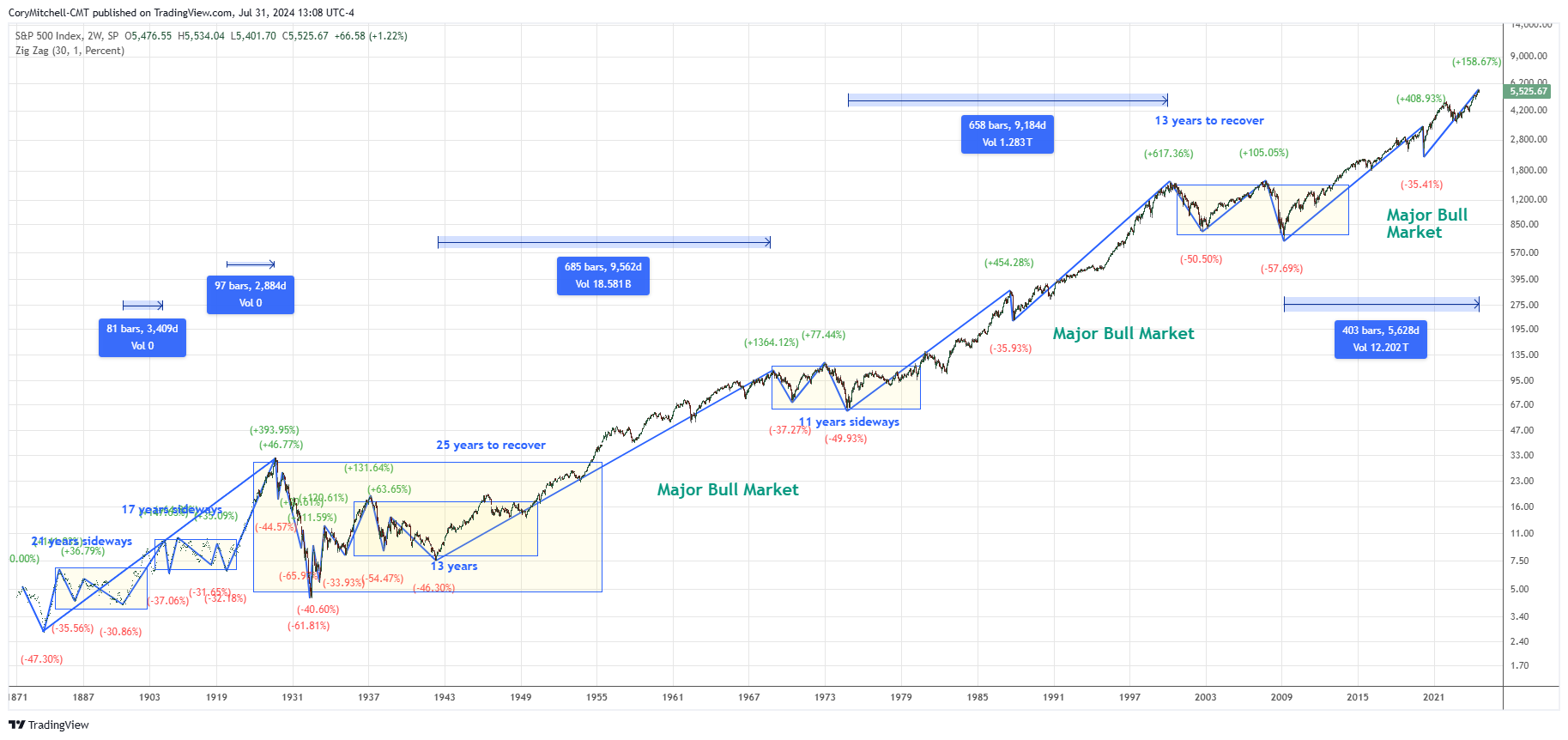Pulse of Information
Stay updated with the latest news and insights.
Stocks and Shock: Why Panic Selling is the Worst Investment Strategy
Discover why panic selling can ruin your investment strategy and learn how to stay calm in a turbulent market. Don't miss this vital insight!
The Psychology Behind Panic Selling: Understanding Emotional Decision Making in Investing
Panic selling is a common phenomenon in the investment world, and it often stems from emotional decision-making rather than rational analysis. When investors experience a significant market downturn, fear can swiftly take over. This fear, fueled by the desire to avoid further losses, can lead to a **strong** impulse to sell off assets at a loss, even if it contradicts their long-term investment strategy. This behavior is not simply a financial misstep; it highlights the crucial role that psychology plays in investing. Understanding these emotional triggers can help investors develop strategies to resist impulsive decisions during volatile market conditions.
Moreover, the **psychology of panic selling** can be exacerbated by social influences, such as the rapid dissemination of information in today's digital age. Investors are often influenced by market sentiment and the actions of others, creating a bandwagon effect that can amplify feelings of anxiety. This phenomenon can lead to a herd mentality, where individuals feel compelled to sell their holdings, fearing they will be left behind. By recognizing the emotional factors that drive panic selling, investors can cultivate a more disciplined approach, focusing on data-driven decision-making rather than succumbing to fear.

5 Reasons Why Panic Selling Can Wreck Your Portfolio
Panic selling often leads investors to make hasty decisions based on short-term market fluctuations. When faced with sudden drops in stock prices, fear can cloud judgment, causing individuals to sell off their investments at a loss. This emotional reaction ignores the fundamental value of the assets and can result in a significant erosion of one's portfolio over time. Instead of waiting for the market to recover, panic sellers often lock in losses, missing out on potential future gains.
Additionally, panic selling contributes to market volatility, which can further exacerbate losses for those who act impulsively. As more investors sell off their holdings, prices can plummet even further, creating a vicious cycle of fear and selling. This herd mentality not only undermines individual investment strategies but can also lead to a broader market downturn. Therefore, maintaining a level-headed approach during market turbulence is essential for preserving and growing your investment portfolio.
How to Stay Calm During Market Volatility: Tips for Long-Term Investors
Market volatility can be unsettling, especially for long-term investors who rely on stable growth over time. To maintain your composure during these fluctuations, it's crucial to focus on the bigger picture. Remember why you started investing in the first place: your financial goals and aspirations. This perspective can help you resist the urge to make impulsive decisions based on short-term market movements. One effective strategy is to regularly review your investment plan and ensure it aligns with your objectives. A well-defined strategy can act as a guiding light during tumultuous times.
Another way to stay calm is to diversify your portfolio. By spreading your investments across various asset classes, you can reduce the overall risk associated with market volatility. Consider including a mix of stocks, bonds, and alternative investments in your strategy. Furthermore, creating an emergency fund can provide an extra layer of security, offering you the confidence to ride out market fluctuations without the need to liquidate your assets unfavorably. Ultimately, a disciplined approach and maintaining a long-term perspective are key to thriving in any market environment.